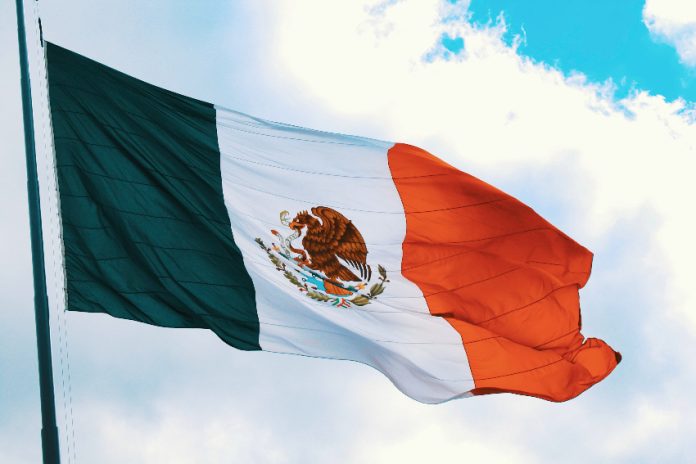If you find politics in the U.S. or Canada frustrating or disappointing, why would you possibly want to subject yourself to national politics in Mexico? I have often felt this way, but the more I tune into the upcoming presidential elections here in Mexico in 2024, the more interesting I find them to be. Let me tell you why.
First, a few disclaimers. I am not affiliated with either political party in the U.S., and I have voted for both Democrats and Republicans many times throughout my voting career. I enjoy a good, well-educated political debate, and for the most part, I am able to keep emotions out of the discussion.
Second, despite having an almost 30-year connection to Mexico, I have rarely followed Mexican politics – until now. Also, I am not a political analyst and my objective in this piece is merely to share my three reasons for paying attention to this election.
Mexico’s political parties are evolving fast and furious right before our eyes.
Unlike the entrenched, even calcified, Republican and Democratic political parties in the United States, the parties in Mexico today are very dynamic. It wasn’t always that way.
As most people know, the PRI (Institutional Revolutionary Party) had a monopoly on political power since 1929 – winning every single presidential election for over 70 years, until the year 2000. In that year, Vicente Fox of the PAN (National Action Party) took power and was succeeded by Felipe Calderón in 2006 (also PAN). In 2012, Enrique Peña Nieto, brought the PRI back to power. Then, in 2018, things really started getting interesting.
Andrés Manuel López Obrador, who had first been a member of the PRI and was a leader of the leftist PRD (Democratic Revolutionary Party), ran twice for the presidency in 2006 and 2012. Following his second defeat, his National Regeneration Movement (Morena) registered formally as a political party in 2014. López Obrador ran for a third time in 2018 representing Morena and won in a landslide. Since then, the party has consolidated vast amounts of political territory and today governs in 22 of 32 states.
Today, Morena continues to enjoy broad popular support, and many consider that Morena’s 2024 candidate will be the next president of Mexico. The PRI, PAN, and PRD — three parties that have long been competitors — have joined forces to create an opposition alliance called Va por México, and have begun their candidate selection process. Although not yet confirmed, rumors have it that some candidates from either Morena or the Va por México alliance will splinter off to be the candidate of a relatively new party called Movimiento Ciudadano (MC). Lots of dynamism in the political parties here!
Despite the stereotype of Mexico as a country of machismo, one or perhaps BOTH of the candidates running for president could be a woman.
In conversations that I have had with many Mexicans recently about the 2024 election, I’ve often heard that “Mexico is still too macho to have a woman president.” However, the current leading candidate (according to poll data) for the Morena party is former Mexico City mayor Claudia Sheinbaum, a physicist and engineer who was a member of the Intergovernmental Panel on Climate Change that won a Nobel Peace Prize in 2007. Many see her as AMLO’s favorite.
On the other side, the Va por México alliance recently published their list of potential candidates, which includes 13 potential candidates, four of whom are women. Just last week, ALMO speculated that the candidate has already been selected: none other than Xóchitl Gálvez, a PAN senator. The thought of an election battle between two women candidates is a fascinating prospect!
Many Mexicans view the upcoming election as a referendum on the future of the Morena party’s populist socialism platform going forward.
As I have discussed in a previous column, most Mexicans have very strong emotions about AMLO — they love him or loathe him. His party’s platform is known as the “Fourth Transformation” (or “4T”) of Mexico. AMLO and his supporters believe their policies will lead to more equality and prosperity in Mexico, while his opponents believe it will lead to Venezuelan-style socialism that will destroy the country. That’s a pretty big difference in opinion!
The upcoming election will absolutely be a referendum on Morena’s vision. As you might imagine, emotions are very high and both sides are passionate about their positions. Could this be an election in which a third-party candidate finds a message that is appealing to supporters of both parties?
Stay tuned and watch the political news closely, it’s going to get exciting!
